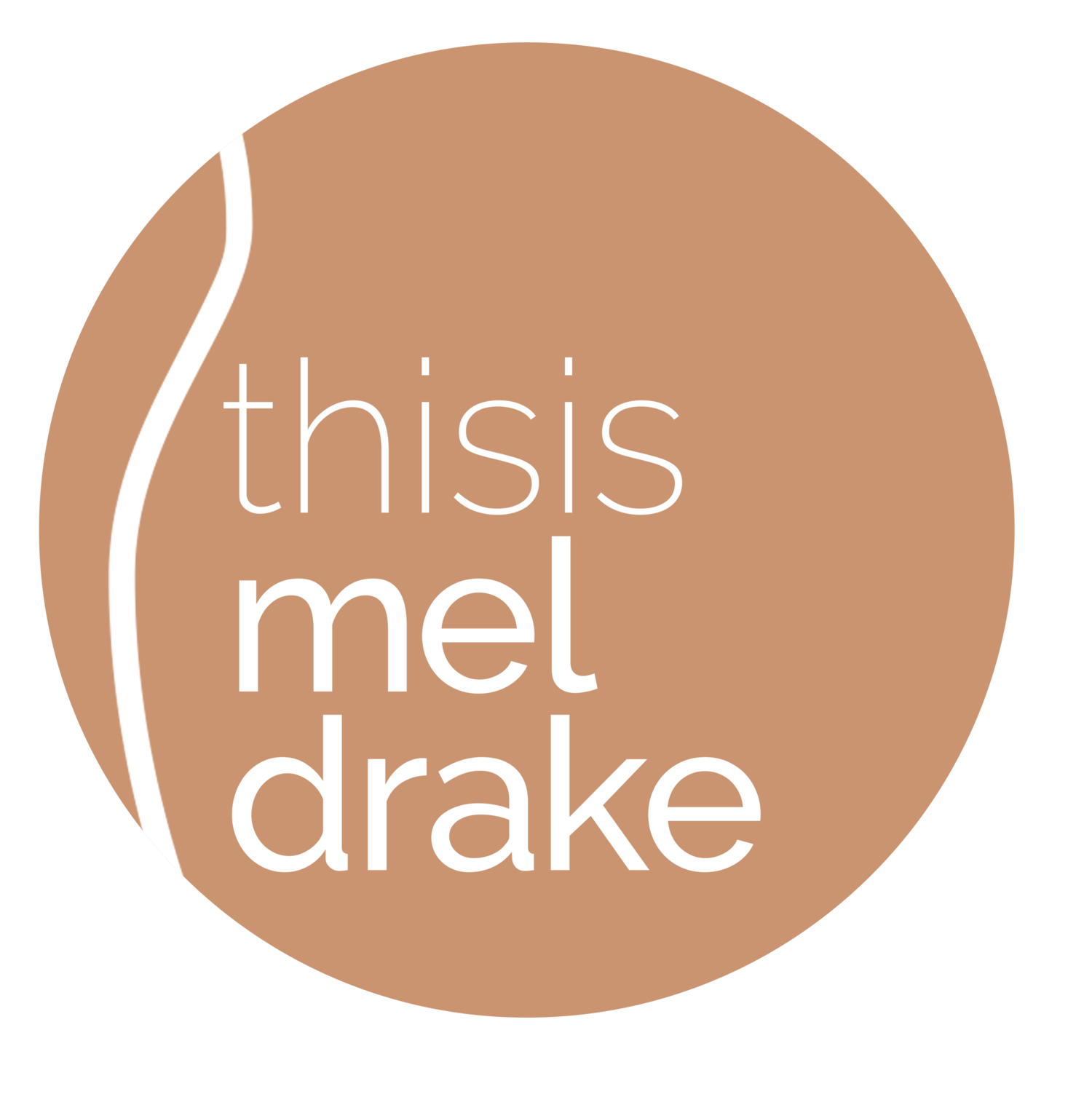Let's Talk About the Basics of Credit
Thank you Lexington Law Firm for sponsoring this post. A high service partner and consumer advocate that will help you fight for the credit you deserve!
Let’s Talk About the Basics of Credit
They say, money makes the world go round. But, I would strongly argue that what really makes the world go round is credit.
I recently purchased a house. And while I purchased a new move-in ready abode, to my surprise, there are still so many things left to do and pay for. Ugh!
And lemme tell you. . .
Home decor, ain’t cheap.
Hiring an electrician to add extra outlets, ain’t cheap.
Converting an ambient gas fireplace to an actual warming fireplace, ain’t cheap.
Installing a french drain in my backyard to help with flooding, ain’t cheap.
Installing an in-ground tornado storm shelter, ain’t cheap.
And as you can tell, the list goes on and on and on. . .
Here’s the real deal: I’m a single lady and well (contrary to how much I pray for one), I don’t have a magical money tree growing in my backyard and I don’t have a rich uncle just waiting to foot the bill for my much-needed home improvement projects. And because I’m not all “cashed up”, I rely (heavily) on my personal credit and credit score to help me move forward in life.
My Personal Credit Journey
My personal journey with credit began very early in life. From a young age, my parents understood and taught me about credit. And fortunately, over the years, I have maintained pretty good overall credit. But I’d be remiss if I didn’t honestly mention that there have been some bumps in the road for not only me but also my family and friends.
I’ve watched a friend struggle with opening a simple bank account due to her poor credit.
I’ve watched another friend (with a Masters degree) repeatedly make it to the last round in the interview process only to lose the job because she couldn’t pass the credit and background check.
I’ve watched a friend’s credit heartbreakingly ruined over medical bills and divorce.
I’ve witnessed my parent’s personal bankruptcy and how it affected them for over 10 years.
And over the years, I’ve had negative reporting on my credit report that I had to relentlessly fight and dispute with all 3 credit bureaus. Looking back now, it would’ve been nice to have a credit repair company, like Lexington Law Firm, in my corner to help me fight because it was EXHAUSTING. And it took about 4 months to get everything corrected.
So let’s talk about the basics of credit. . .
What Exactly is a Credit Score?
A credit score, also known as your FICO score, is a numerical value personally assigned to you that lets lenders, credit card companies and businesses know how likely you are to repay them if they lend you money or provide services to you.
Basically businesses want to know, are you trustworthy and are you worth the risk?
What is a “Good” Credit Score?
Credit scores can range from 300 to 850. The higher the credit score, the better you look to a lender.
Why? Because you are assumed to be low-risk when it comes to them taking a chance and extending credit (or lending money) to you.
Just to put it into perspective, a credit score 670 and above is considered “Good”, “Very Good” or “Exceptional”.
How Are Credit Scores Calculated?
Your FICO score is calculated and maintained by 3 independent credit bureaus: TransUnion, Experian and Equifax. And because there are 3 different bureaus, it is not uncommon to have 3 different credit scores.
To arrive at your numerical credit score, you are scored in 5 different categories with each category carrying a different weight.
35% Payment history
30% Amounts owed
15% Length of your credit history
10% New credit
10% Your credit mix
Why Having “Good Credit” is Important
Since most of us aren’t actively sitting on a pile of money or born with a silver spoon in our mouths, this is why credit scores matter and should be super important to us. It’s what helps us to not only buy cars and other major big-ticket items, it also helps us with many everyday “adult” bills too.
Things Your Credit Credit Score is Used For
Maybe you aren’t in the market to buy a house or a car anytime soon. . . that’s cool. BUT your credit score still matters.
Here’s a list of just some of the things that a low credit score can affect:
Cell Phone
Utilities - (ex. electricity, gas, water, and trash) will you have to pay a security deposit or not
Major Credit Cards (ex. Visa, AMEX, Mastercard)
Store Credit Cards
Renting/Leasing an Apartment or House
Bank Accounts - your ability to open a bank account
Job Applications + Potential Employers - surprise, many background checks are now coming with credit checks too
Car Insurance Rates
Homeowners Insurance Rates
Renters Insurance Rates
Auto Loans + Car Payments
Mortgage/Home Loans + House Payments
Cable
Internet Service
Other Loans
Home Security Monitoring
What’s the True Cost of Having “Poor” to “No” Credit?
Quite simply, people with “Good” (or better) credit pay less than those with poor to no credit.
For example: if you have a car or home loan, you could literally be paying $1000’s of dollars more than someone with “good” or better credit.
Why? Because with a low credit score, the lender (or bank) has deemed you high-risk in your ability or willingness to repay the money back that they’ve lent you. So to make up for taking on more risk, you are charged a higher interest rate (ie. more money); therefore, potentially costing you $1000’s of dollars more over the life of the loan. YIKES!
What You Can Do to Change Your Credit Score
So you’ve obtained your credit score from all 3 bureaus and well, you’ve noticed some items on your credit reports are less than stellar. . . listen, we’ve all been there.
How Long Does Something Stay on Your Credit Report?
Did you know that it takes an average of 7 years for negative reporting to automatically drop off your credit report?
Did you know that it takes an average of 10 years for bankruptcy to automatically drop off your credit report?
Things You Can Do To Raise Your Credit Score
Pay your bills on time
Sounds simple enough, but let’s be honest, sometimes life happens. And life has happened to many of us #adulting because life moves fast. One minute you are employed and the next you are not. One minute you are healthy and the next you have a ton of medical bills. Whatever life may hand you, always try to pay your bills on time.
Pay off debt and keep your balances on your credit cards low
Dispute any inaccurate negative reporting on your credit report
I’ve personally done this a time or 2 before and lemme tell you, it’s not fun. Besides being time-consuming, it can be frustrating going through the process (3 times) disputing negative reporting with all 3 credit bureaus. Pro-Tip: disputing can be an exhausting process. To help possibly expedite the process, you might want to consider getting help from a credit repair service like Lexington Law Firm.
Don’t apply for too many new lines of credit
I know that 10% off your purchase today is really tempting, but don’t apply for credit if you don’t need it.
Consider Getting Help From a Credit Repair Service
Sometimes we all need help from time-to-time and a credit repair service, like Lexington Law Firm, can be that help we need. As an industry leader with over 10 years experience, Lexington Law Firm will identify and address unfair and inaccurate negative items on your credit report to help get you back on track and moving toward your goals. And remember: everyone has the right to good credit.
For more information on Lexington Law Firm and how their credit repair services can possibly help you, click here.
In case you are looking for more blog posts, here are a few of my favs:
😮🏠 I did a thing. . . This single lady bought a house on a whim. See before photos and what I have planned next.
👊🏽👊🏽 Searching for the confidence to do something brave? I quit my corporate job and I am happy! Here are my TOP 5 TIPS for encouraging you to do something brave today.
❤️ Here’s a fresh perspective on why you should be happy with paying your bills.
Where to Find Me on Social Media
Same place; same bat channel
@ThisIsMelDrake
THE ‘GRAM (the pretty pictures): https://www.instagram.com/thisismeldrake
PINTEREST (the inspiration): https://www.pinterest.com/thisismeldrake
FACEBOOK (a little this + a little that): https://www.facebook.com/thisismeldrake
Pin Me
And if you found value in what I shared, share it with a friend, save it or pin it. I greatly appreciate the love and as always, sharing is caring.


















